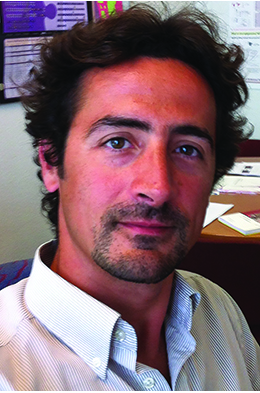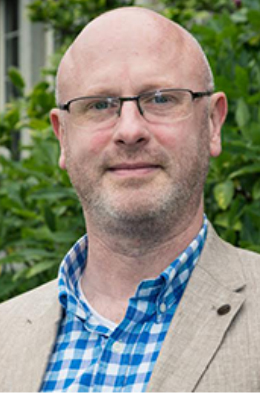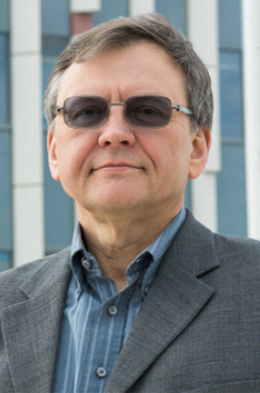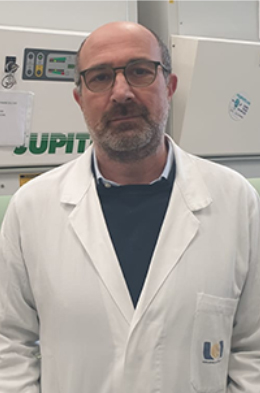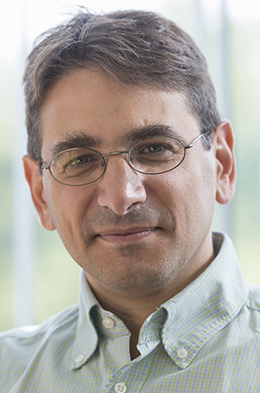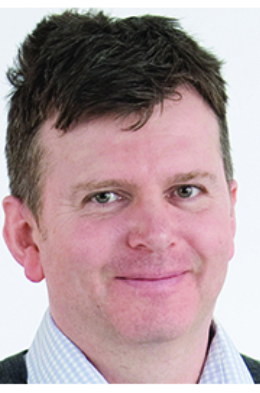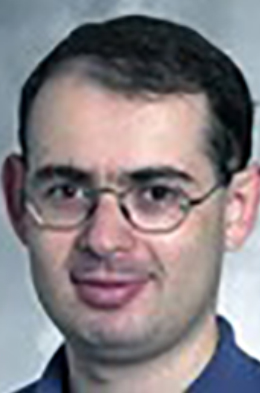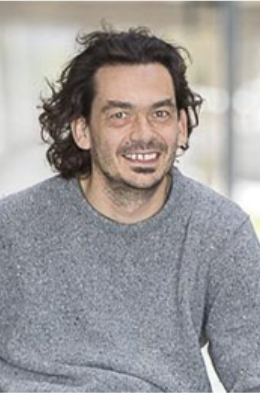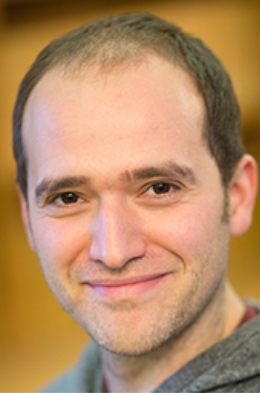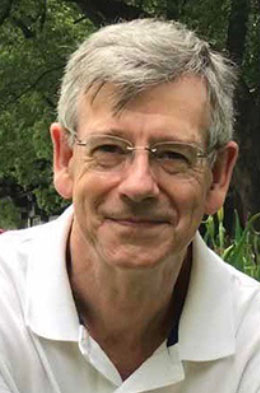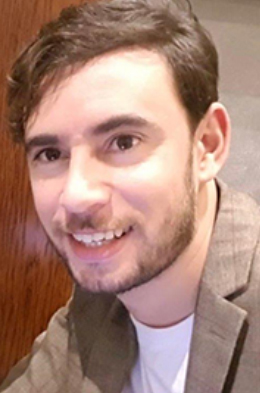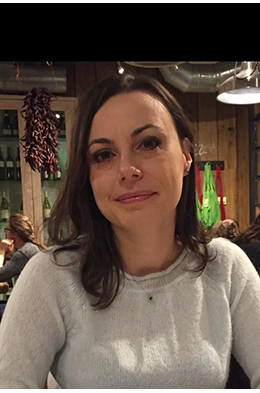Inma Rioja is a Senior Biology Director at the Epigenetics Research Unit (GSK, UK) and the Portfolio Research Lead of Immuno-Epigenetics. She has more than 12 years of experience in R&D leading projects and teams, acting as Biology Leader, Project Leader (PL) and Early Development Leader (EDL) for bromodomain targets in the Epigenetics unit. Moreover, her expertise in immunology, epigenetics and drug discovery was consolidated during her three years of research in the Epi-Enzyme research unit (Epinova, iiTAU, GSK) with responsibilities for target validation and phenotypic compound characterisation together with coordinating academic collaborations and biology outsourcing activities. Prior to joining Epinova, she worked as a Principal Scientist in the Biomarker group within the Respiratory and Inflammation CEDD (GSK) focussing her research on the identification and validation of pharmacodynamic (PD) biomarkers and rheumatoid arthritis disease activity biomarkers at pre-clinical and clinical levels, supporting drug discovery. Inma joined GSK in 2006 after completing two post-docs, at GSK (UK) and INSERM (France), and a PhD in Pharmacology of Inflammation at the University of Valencia (Spain).





